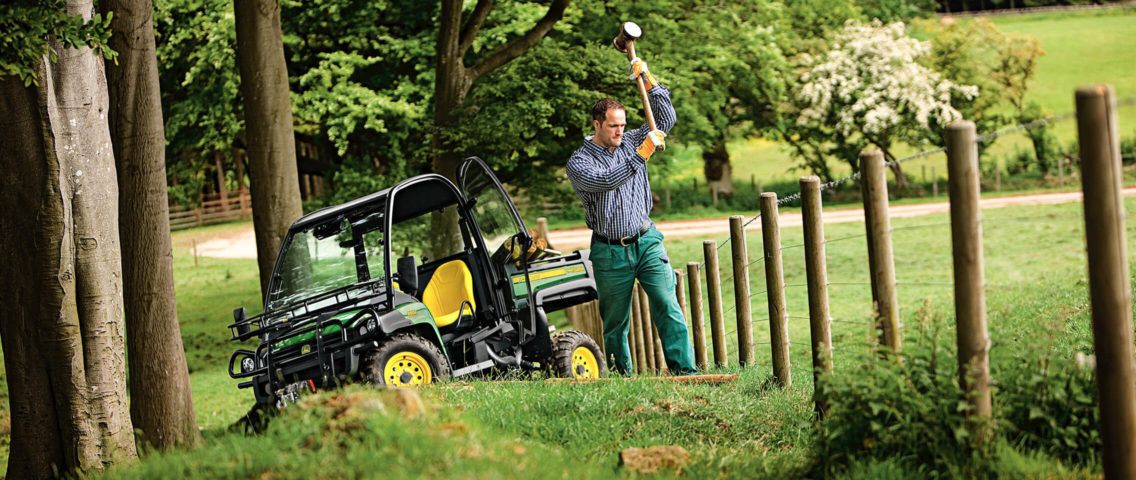In 2014 Finland’s leading retailer, S Group, sold Hankkija, the country’s premier agricultural store chain to the Danish Agro Group. Under its new owner, Hankkija overhauled its entire procurement process, set up a new DC and built its purchasing organization around it. RELEX has played an important role in the transformation project.
Hankkija currently operates 53 bricks and mortar stores and the most versatile online retail operation in the industry.
Background & Objectives
Hankkija piloted RELEX’s supply chain planning solution in late 2012 and, after seeing positive results, implemented it for its spare parts replenishment in 2013.
The manual AS / 400 ordering system that Hankkija had been using didn’t offer automatic replenishment, or support seasonal-product procurement. This was an issue because Hankkija’s sales are highly seasonal, especially its consumer-facing gardening retail where approximately 2/3 of its sales occur during the early summer. Sales of spare parts are far steadier, year-round.
After being taken over by Danish Agro, Hankkija took responsibility for its supply chain management and purchasing, previously handled by its former parent S Group. This significantly increased its workload. The company’s main goal in implementing its RELEX solution was to automate much of this new workload and by doing so allow it to improve its business operations with centralized ordering and replenishment processes. As a result store staff were able to devote the considerable time previously spent on replenishment to a more important task; customer service.
Hankkija also looked to its collaboration with RELEX to improve replenishment at its trade stores, boost its assortment and availability levels, as well as centralize and develop the ordering of seasonal products. For example, pre-RELEX, ordering was done manually and was thus imprecise. Now orders are built around store size and sales history. Hankkija also wanted to cut capital tied up in inventory while increasing sales.
“Together Hankkija and RELEX have built a new supply chain planning process, the benefits of which have been significant.”
Aleksi Heikura, Systems Expert, Hankkija
Implementation
Following a short pilot project that started in April 2014 the decision was made to expand RELEX’s use to cover all Hankkija’s retail operations.
The implementation that began in September 2014 was tackled in a number of stages: the pilot focused on a few suppliers and 14 stores. Then Hankkija extended RELEX’s use by product group, until all the stores were using RELEX’s replenishment system throughout by February 2015.
By then RELEX was handling replenishment for 1000–3500 products per store. Categories included ironmongery, equestrian equipment, pet supplies and garden products. For some product categories RELEX now provides fully automated replenishment, based on optimized parameters. However stores still have the ability to review product orders prior to replenishment.
Results
“Together Hankkija and RELEX have built a new supply chain planning process, the benefits of which have been significant,” says Hankkija’s Systems Expert Aleksi Heikura.
The pilot of the project to automate replenishment, carried out in the first half of 2016, involved a group of stores directly approving all order proposals. During a single month, store availability in the pilot stores improved 1.25% to over 99%.
Inventory value in the pilot stores dropped 16.5%. At the same time, stores not involved in the pilot saw availability decline around 2%, while their inventory value rose 5.3%. On the basis of these results, the automated replenishment solution was extended to Hankkija’s remaining stores.
“We also automated some of the gardening department’s pre-season allocation of seasonal products as early as Q3 2014. With the automation now covering 50 stores, RELEX has helped to save the equivalent of 2 staff members’ time each year,” Heikura adds.
